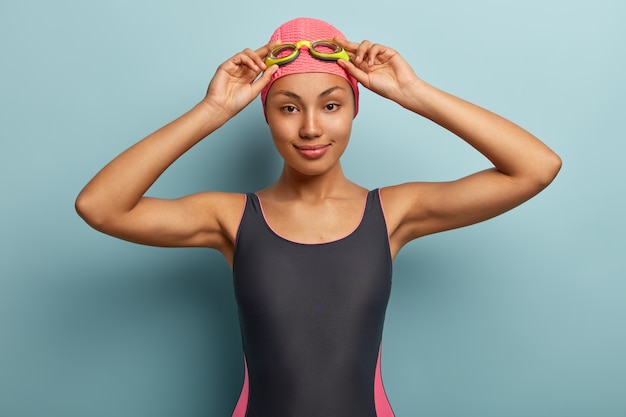
Summer is all about swimming, water activities, and enjoying the outdoors. Unfortunately, it also comes with some downsides like mosquito bites, bee stings, scraped knees, and swimmer’s ear. My husband recently had a tough time with swimmer’s ear, which turned out to be a painful outer ear infection that my usual remedies couldn’t handle because of the swelling. After doing some quick research, we found some potential solutions to try out on him. Here’s what worked and what didn’t.
Swimmer’s ear, or otitis externa, is an infection in the outer ear. It typically happens when moisture gets trapped in the ear or when the skin of the outer ear is damaged, leading to inflammation and infection. Swimmers are more prone to this condition due to frequent contact with water, increasing the likelihood of moisture buildup. However, anyone can be affected. Things like using cotton swabs or headphones can cause damage and make the ear more vulnerable to infection.
Swimmer’s ear can be very painful, and in my husband’s case, it was so severe that he couldn’t sleep for several nights. We had a trip planned shortly after he got the infection, so we visited a local urgent care center to learn about conventional treatments for swimmer’s ear. We combined their recommendations to finally help his recovery.
Unlike middle ear infections, which are more common in children or during illnesses like colds, swimmer’s ear affects the outer ear. With swimmer’s ear, the ear canal is usually swollen and very painful, making even a light touch unbearable. In contrast, middle ear infections hurt more internally, especially when swallowing. A medical professional can accurately diagnose the type of infection, as treatments differ for each.
As Benjamin Franklin wisely said, “an ounce of prevention is worth a pound of cure,” and this applies well to swimmer’s ear. The nurse practitioner we consulted explained that it’s much easier to prevent an outer ear infection than to treat it after it occurs. We now follow some simple measures to help keep our kids from getting infections after swimming:
Keeping the ear dry is an obvious but effective way to prevent infections caused by bacteria growing in trapped moisture. Drying the ear thoroughly after swimming or showering can help. Our nurse practitioner advised against removing earwax with cotton swabs, especially during swimming months, as earwax naturally helps keep bacteria at bay.
For the kids, our doctor recommended using a mix of white vinegar and rubbing alcohol after swimming, especially in natural water bodies like lakes and oceans, which tend to have more bacteria. Her suggested mixture is stored in a dark glass container with a dropper for easy application. I remember my mom did something similar when I was young, and I rarely got swimmer’s ear as a result.
Some sources say this mixture could help treat swimmer’s ear, but when my husband’s ear was severely swollen, it didn’t seem very effective.
Another tip to keep ears dry is using ear plugs, particularly in lakes or ponds. After trying a few options, we found that moldable silicone ear plugs work best as they can be shaped to fit the ear perfectly and are suitable for both adults and kids.
Once my husband had a bad case of swimmer’s ear, preventive measures weren’t as helpful, so we needed stronger remedies. Garlic often works wonders for infections, and I thought it might help here too. I opted against using garlic oil, fearing it might trap moisture, and instead made a poultice for his outer ear overnight, which provided relief and reduced the infection.
To manage the pain, I used some diluted essential oils around the ear. I would never use them inside the ear because they are potent and might worsen the condition. I mixed lavender, basil, and peppermint essential oils with olive oil and applied it to the skin around the ear, behind it, and on his neck. Heat also proved to be a good pain reliever, so my husband slept with a hot water bottle on his ear.
Outer ear infections were new to us, and since my husband was in significant pain, we sought medical help. While we love using natural remedies, his discomfort made it essential to get professional advice. The nurse practitioner informed us that mild cases of swimmer’s ear often resolve on their own, but more severe cases might need prescribed ear drops. She suggested over-the-counter painkillers for relief and recommended using the vinegar and alcohol solution to prevent future infections.
Dealt with swimmer’s ear before? I’d love to know what solutions worked for you!

